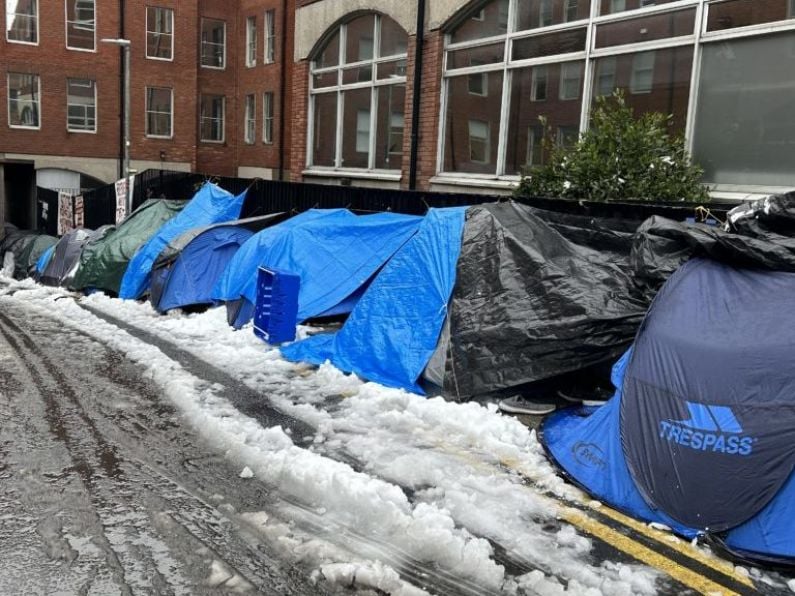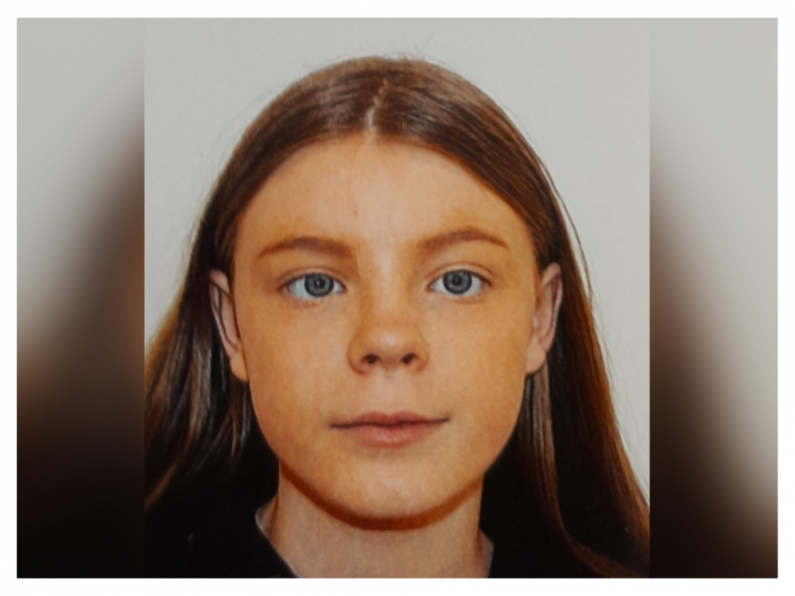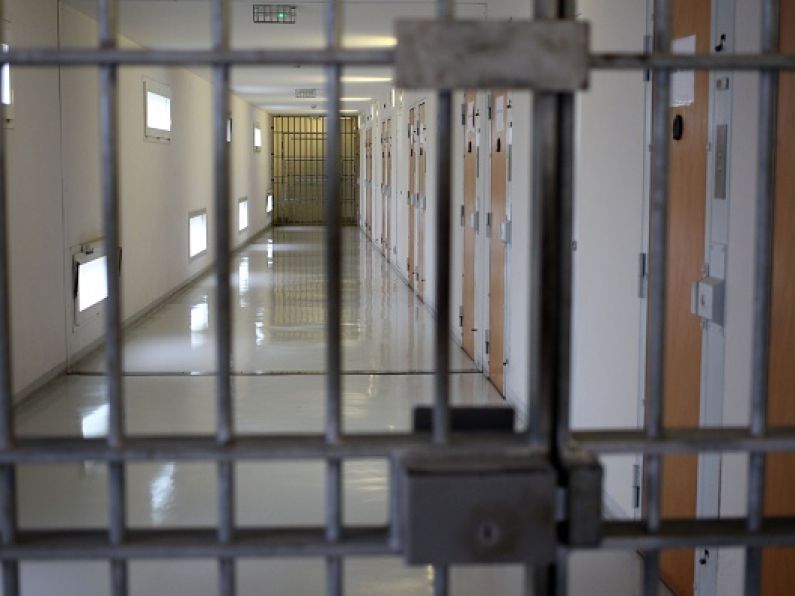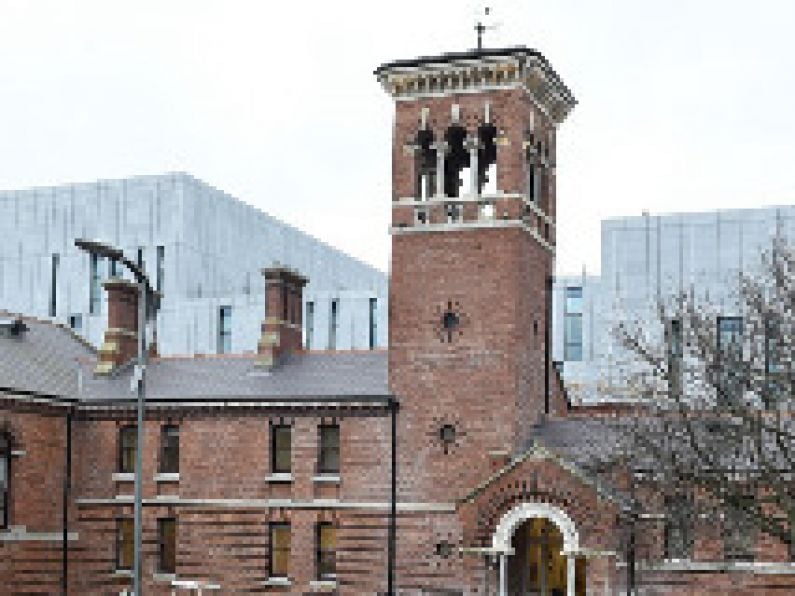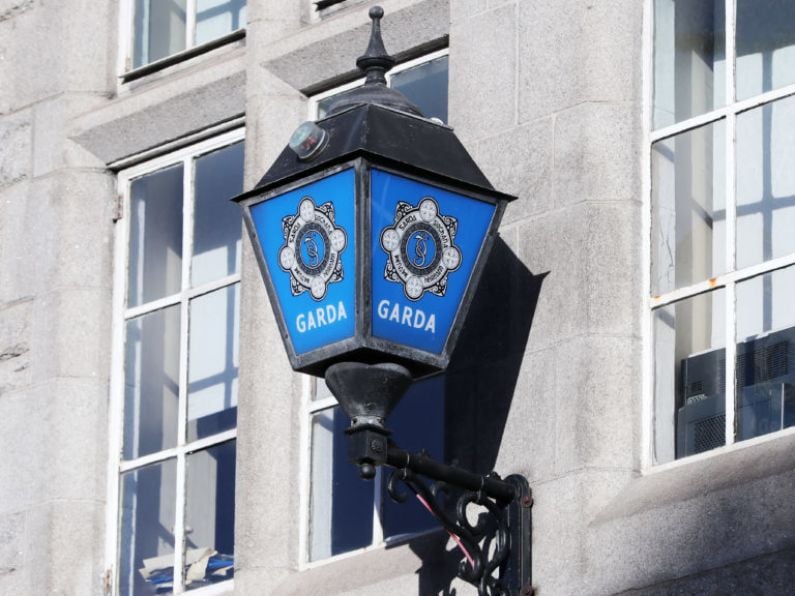The medical director of Safety Net Primary Care, an organisation that provides services for refugees, has called for a managed emergency centre for arriving international protection applicants which would provide safe and secure services.
The current conditions for arrivals in tents on Mount Street were “unmanaged, uncontrolled and inhumane” she told RTÉ radio’s Today with Claire Byrne show.
People with kidney and heart disease had been staying in tents and had to be moved to hospital, added Dr Skuce.
“As a country, we need to provide a managed emergency shelter for them. So, although I think the health care response has been really good, we work closely with public health, the inclusion health teams, the acute hospitals and the National isolation centre. But there's just a limit to what you can do in the current unmanaged environment.
"So we think that what we need to provide as a country is a managed emergency shelter with sanitation, on site security of a state site to keep people safe and staff on site so that they can identify and respond to problems as they emerge.”
Dr Skuce said that it been a tense number of weeks as the situation for the people in tents was getting “increasingly concerning”. It was “just not possible” to keep people safe and to provide adequate care in circumstances that were “so unmanaged.”
“There are no onsite hygiene facilities, there's no toilet that they can access at night and there are no washing facilities. And the situation actually is quite inhumane. And although we are doing the best that we can. It's not something that we want to see continue.”
The people who were arriving were already vulnerable because of the circumstances “where they've come from, the journey that they've made to get here and then for them to arrive and not be made welcome and to be left in very exposed circumstances is not safe. And it's not something that, that they would want to see continue.”
“We've seen people with kidney disease, heart disease, back pain, diabetes, but because of their circumstances, because they perhaps haven't had access to health care for a long time, and because they're now living in circumstances where they're cold and wet and stressed a lot of the time, a lot of the conditions are more advanced and more severe than we would normally see.”
Dr Skuce pointed out that Safety Net was providing outreach services “most days” and referred people with serious problems to emergency departments.
“But we have seen other people with severe chronic disease that's not as acute who have not needed to go to the emergency department, who are living in those tents.” It could take “a week or two” before they receive treatment."
The CEO of homeless service Mendicity, Louisa Santoro has described the “significant deterioration” in recent weeks of conditions for international protection applicants who are living in tents off Mount Street in Dublin city.
The situation “certainly won't be getting any better. And as the weeks go on, unless we have to have a much more urgent response,” she told RTÉ radio’s News at One.
Not all of the people who were accessing services from Mendicity were international protection applicants, she said. People were going to Mount Street because they felt there was safety in numbers
“So they're going there purely for the sense of safety and probably better accesses or pathways to services.”
Ms Santoro said she did not understand why there appeared to be different categories of homelessness. The people in tents on Mount Street could not be defined as anything other than homeless, but they could not access homeless services
“I can't understand if we have an existing infrastructure that is paid for through public funding and public money, that that is not being utilised to its fullest effect, particularly as the situation deteriorates near Mount Street.
There was an outreach service that was resourced and was extremely experienced and in their own stated mandate, she said. “They say they engage with adults who are sleeping rough and support them in short term homeless accommodation. That's clearly not happening on Mount Street.”
Coordination of services was important and there needed to be a better shared service approach.
Labour councillor Dermot Lacey told the same programme that it was unacceptable that people were living in tents when there were buildings such as Baggot Street hospital and vacant office blocks that could be utilised. Any moves to do that would be supposed by the council, he said. The problem was the different agencies involved, there needed to be a coordinated approach.
By Vivienne Clarke
Keep up to date with all the latest news on our website Beat102103.com.
